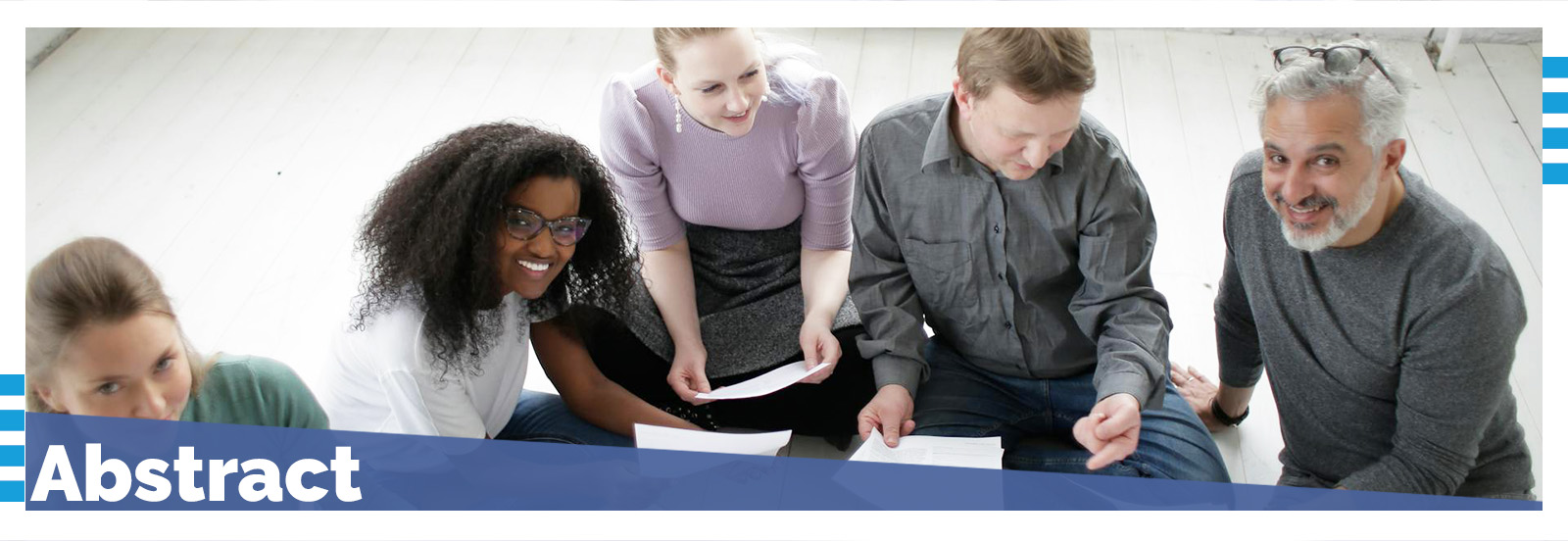
Presented Abstract
Feasibility Study of Emotional Literacy, Trauma-informed care, and Collective well-being Intervention (ELiT-C Intervention)
Stella T. Lartey, Ph.D., MPH1, Xianqiang Fu, MSc1, Michael Arthur Ofori, MPhil1, Niharika Jha, MPH1, Nichole Saulsberry-Scarboro, PhD1, Michelle Taylor, MD, DrPH, MPH2, Ashish Joshi, PhD., MBBS, MPH1.
Affiliation
- University of Memphis School of Public Health, Memphis, TN
- Shelby County Health Department, Memphis, TN
ABSTRACT
Background: Emotional literacy, trauma-informed care, and collective well-being Intervention (ELiT-C Intervention)- a feasibility study was implemented to inform the development of the definitive intervention protocol by testing on a small scale, the feasibility and acceptability of delivering and evaluating ELiT-C intervention. ELiT-C aims to improve health outcomes and workforce capabilities by increasing community engagement and building trust between communities and the health department (HD) in Shelby County, Tennessee.
Objective:To describe and determine the suitability of health outcomes and workforce capabilities measures with respect to data quality, collection burden, availability, accessibility, timing for participants' follow-up, acceptability, and responsiveness to the intervention.
Methods: Community members (N=33) and HD staff (N=20) completed four in-person workshop series between September and November 2023. Quality of life (QoL) and work productivity measures for health outcomes and workforce capabilities, respectively, were obtained via pre-and post-surveys; and other feasibility measures obtained through in-depth interviews with trauma experts and four participants. Work productivity measures included absenteeism (hours missed from work) and presenteeism (reduced productivity while at work). Paired sample t-tests compared pre-and post-test scores (alpha=0.05).
Results: Thirty-nine (74%) and 34 (64%) participants provided complete responses in both pre-and post-surveys for QoL and work productivity, respectively. The mean (standard deviation, SD) age of participants was 46 (SD 13) years, and 74% were females. While QoL and overall productivity were slightly lower, absenteeism (pre-test; post-test: -22.5; 6.82: p<0.01) and presenteeism (pre-test; post-test: 88.2%; 89.1%: p= 0.59) increased with absenteeism remaining statistically significant. Participants (75%) interviewed showed that allowing at least one month to fully process workshop information could yield more benefits. The experts indicated that most participants will experience emotional outbursts during and immediately after the workshop; and thus recommended a follow-up survey after three to six months post-workshop to fully elucidate ELiT-C intervention benefits.
Conclusion: The findings demonstrated that ELiT-C is feasible and acceptable, and likely to yield favorable results after three to six months post-workshop.
Public health implications: ELiT-C intervention provides the opportunity to identify key mechanisms and contextual factors for building trustful relationships that support the improvement of health and economic outcomes in vulnerable populations.

